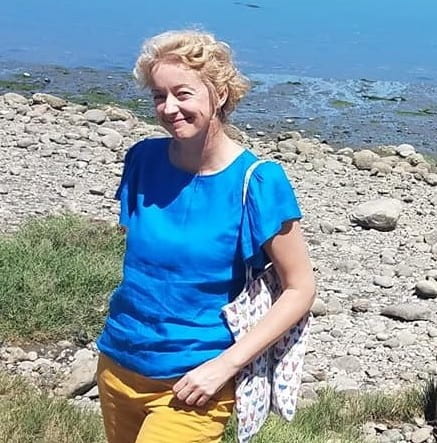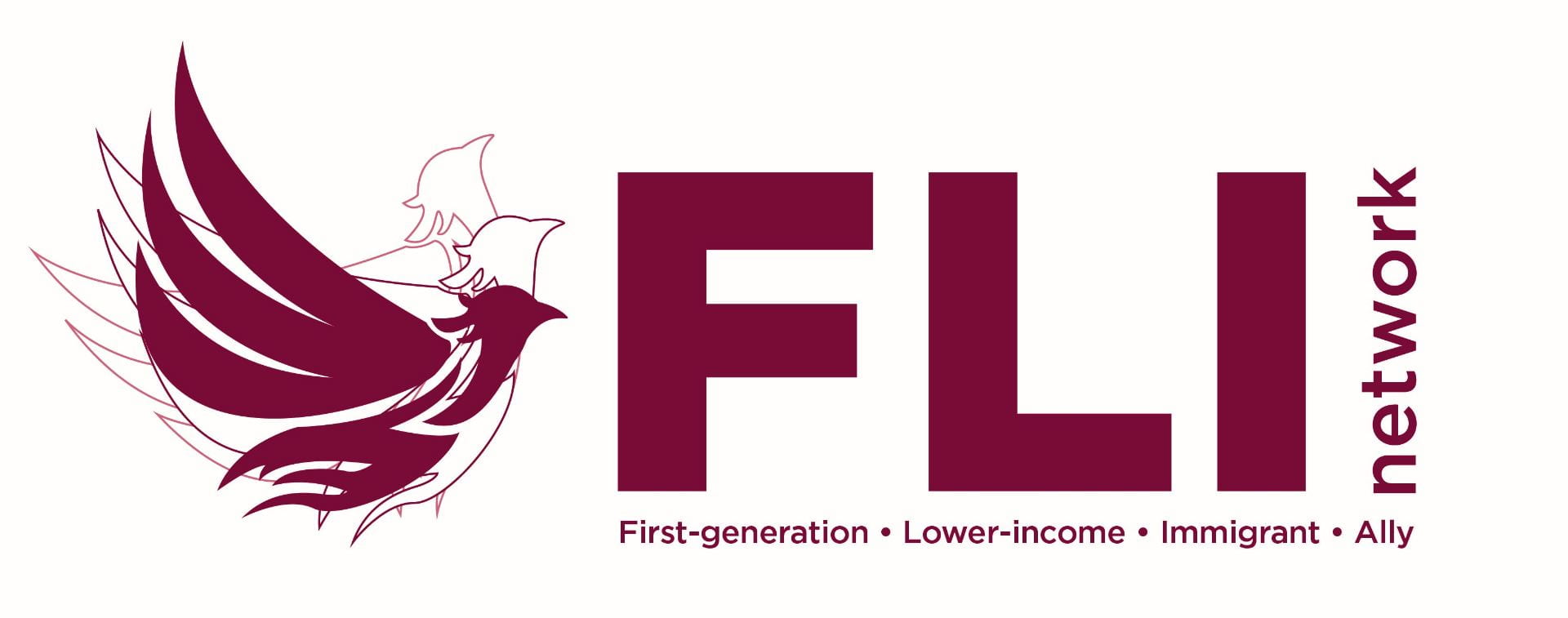
Sandra Zupan is the Assistant Director at the University of Chicago College Center for Research and Fellowships
Sandra Zupan, Assistant Director at the University of Chicago College Center for Research and Fellowships, looks beyond monolithic labels and recognizes each student’s strengths, weaknesses and passions. She emphasizes the importance of carving individual stories with unique learning experiences and advises students to explore opportunities that may not follow a conventional definition of success.
Following are the highlights of our conversation:
Q. How did your affiliation with the First-generation, Lower-Income and Immigrant (FLI) community influence your choice of profession?
A. I grew up in a small working-class town in Croatia, which at the time was part of the former Yugoslavia and later torn up by a war in the 1990s. In 2001, I came to the United States through a Department of State Fellowship. I planned to complete my Master’s degree and return to my home country. But, I ended up exploring new opportunities that led me to complete a Ph.D. in Geography. While conducting my dissertation research in Milwaukee’s inner-city neighborhoods, I was exposed to urban America, social injustice and labor-faith-community alliances seeking to ensure equitable economic development. Since I grew up in a completely different socio-economic system, ideas of racialized poverty and inequitable access to opportunity were not only foreign to me but also affected me profoundly. My affiliation as a first-generation college graduate and an immigrant afforded me a different perspective than someone who grew up in the U.S. Equally, my social science training and commitment to education motivate me to support the FLI community.
Q. You are a mentor for our FLI Champions program. What are your thoughts on mentorship?
A. Formal and informal mentorship are invaluable regardless of your stage in life and career. Students should strive for holistic engagement that allows for academic, professional and personal growth. For example, by participating in extracurricular activities students can also greatly benefit from informal mentorship. We have different needs at different points in time and hearing multiple, different perspectives challenges us, allows us think more innovatively and enables us to grow.
Through my work and experience in the FLI Champions program, which is a formal mentorship program, I have found that some FLI students are extremely resourceful precisely because they recognize that they lacked structural guidance. My current mentee is extremely proactive, engaged and well-organized. We have a productive relationship, which has grown organically: my mentee initiates conversations on topics that she needs help with and I respond to her needs by guiding her through her undergraduate experience as a first-generation student. Our work evolved from ensuring effective study tactics to working together on resume writing, strategizing internship plans, and academic writing.
Q. What advice would you give to FLI students?
A. It is important to expose yourself to opportunities that you have not planned for or considered pursuing. I have noticed that some students at the University pursue extracurriculars without necessarily reflecting on their own passions and paths. High achievers sometimes tend to ignore opportunities that do not fit their predetermined plans and expectations. There is an inclination to accumulate experiences, hopping from one opportunity to another without taking the time to self reflect and re-examine. Instead, I encourage students to enthusiastically open as many doors as possible and actively reflect on which one excites them the most, and why. Everything you do-academic and non-academic- helps you construct a clear and meaningful path for your future. Your experiences should not be disjointed from each other, so do not be afraid to give yourself space and time to reflect, as well as to reach out to your support networks.
Q. How can the University of Chicago community better support FLI students?
A. The University of Chicago has abundant and generous opportunities, on a much greater scale than many other higher education institutions. However, rather than compartmentalize, we can improve by consolidating and streamlining these opportunities for students to gain better awareness and meaningful support. For many students it is difficult to make decisions that will impact them in the long term, while managing a demanding coursework and extracurriculars. Strategic collaboration across different offices could serve our diverse student body even more effectively.
I would also like to remind us that FLI students are not a monolithic group. Rather, we interact with students with highly individualized needs, strengths, challenges, backgrounds and passions. As a result, we must understand each individual’s story at a particular moment in time and assist from there.
Q. What has been your proudest moment?
A. I am proud of my educational accomplishments because they allow me to assist others professionally. I had never planned it, but I ended up staying in the United States, completing a Ph.D. program and working in higher education. I take pride in overcoming many impediments and taking chances because, in the end, this has enabled a path in which I can help undergraduate students achieve their potential.
